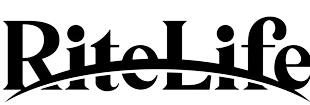Port ST Lucie Lifeline RCO
6646 S. Federal Highway, Port St. Lucie, Fl. 34952
772 241-5761
Okeechobee LifeLine RCO
202 NE 2nd Street Suite 5, Okeechobee, Fl. 34972
863-623-4270
Port ST Lucie LifeLine Respite
705 Kitterman Rd. Port St. Lucie, Fl. 34952
772-241-5843

